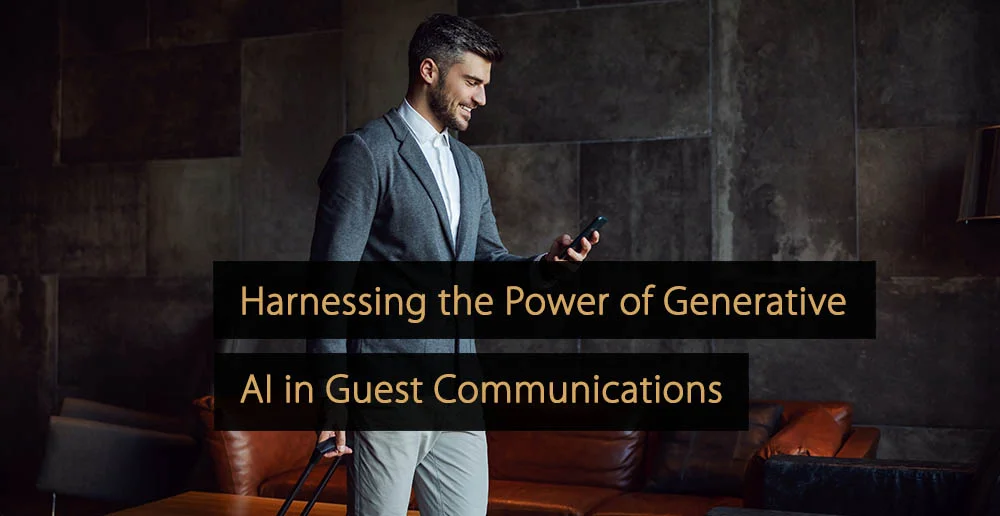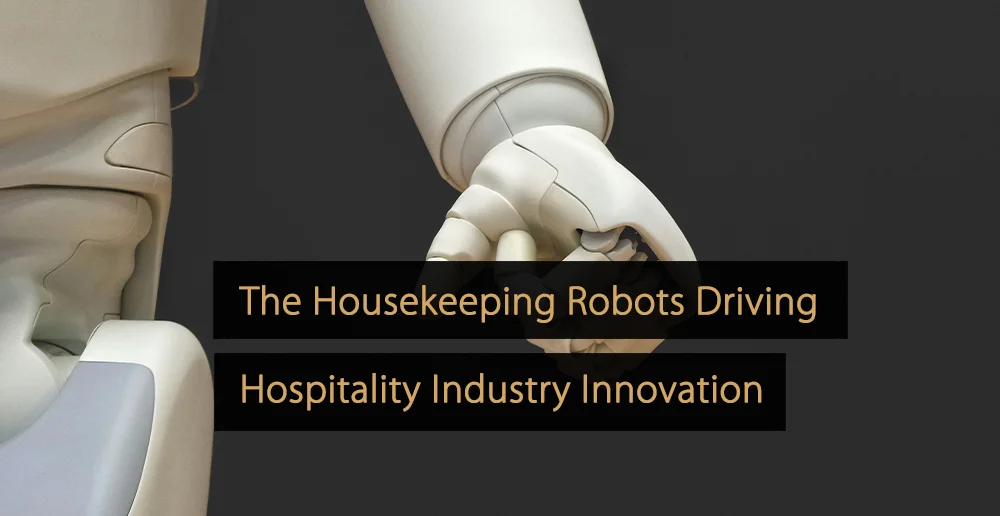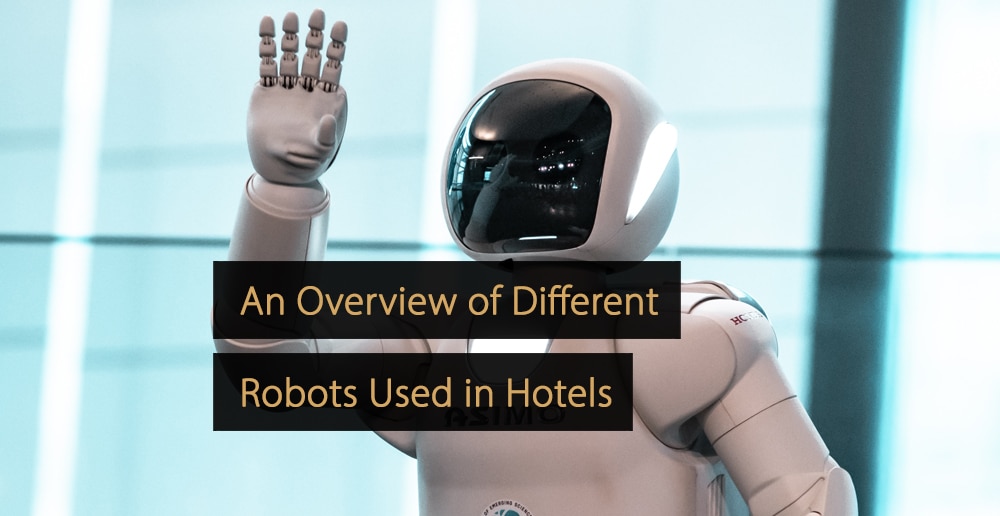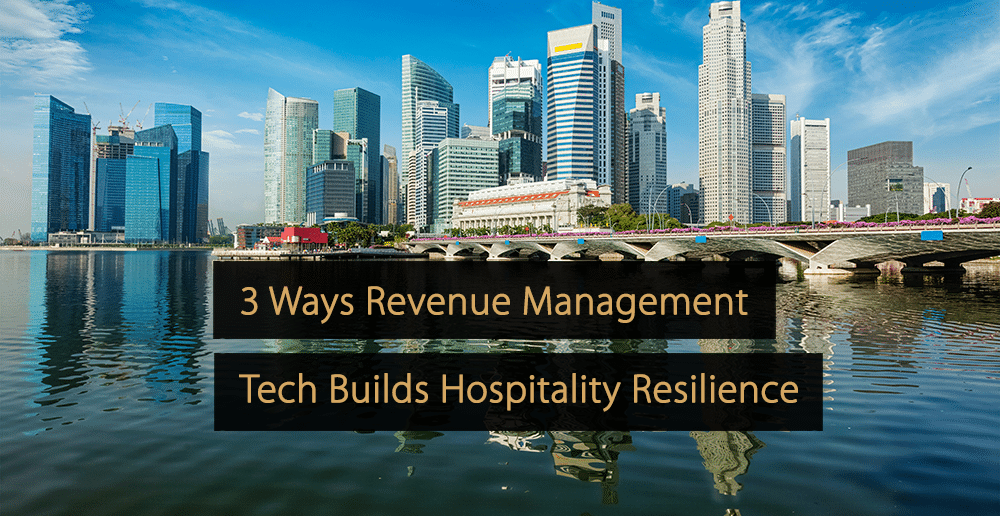The industry’s adoption of Artificial Intelligence (AI) keeps pushing the boundaries of personalization and efficiency of guest communications. The emergence of generative AI models, like ChatGPT, is yet another revolution in that area. While it enhances the already existing benefits of platforms and tools powered by conversational AI, it also poses some challenges hoteliers need to consider before deciding on implementing this innovation in their communications.
The Evolving Role of AI in the Hospitality Industry
The hospitality industry has always sought innovations to enhance guest experience, including following and implementing cutting-edge technologies. With the evolution of Artificial Intelligence and the growing access to this technology, its impact on hotels is nothing short of transformative.
The AI was initially applied to basic automation and data analysis to streamline operational tasks and offer insights into guests’ preferences. The arrival of conversational AI and its capability to simulate human-like interactions opened up opportunities for personalized and engaging guest communications.
Recently, the growing prominence of generative AI, such as ChatGPT or Google Bard, has taken personalization and adaptability to a whole new level. This technology can respond to questions and tailor the answers to the user’s preference and behavior. Such depth of interaction combined with the instant response time sets a new standard for guests’ communication with hotels.
How Does Generative AI Work?
You might be familiar with the practical way generative AI works as OpenAI’s tool, ChatGPT, captured the public imagination and examples of its use dominated news coverage and social media feeds. In the simplest of terms, this technology distinguishes itself by being able to create original content following receiving prompts or questions rather than limiting itself to analyzing data and offering pre-programmed responses. But how does it work exactly?
At its core, generative AI is a complex technology powered by sophisticated algorithms and machine learning models trained on expansive data sets. Following such training, it gains the ability to recognize patterns, understand nuances of language, and even predict trends. As a result, generative AI can instantly create original content and adapt it to the user’s preferences and requirements.
Personalization and quick problem-solving are solid foundations for guest communications. Since it is also where generative AI excels, the hospitality industry recognized the potential of implementing this technology in hotels.
How Generative AI Can Benefit Guest Communications?
In a way, generative AI enhances the key benefits of conversational AI but also goes beyond that. Here are the key advantages of implementing generative AI in your hotel’s guest communications:
- Unparalleled personalization. The interactions and responses can be tailored to the guest’s preferences based on previous chat history or adapted.
- Enhanced efficiency. Guest queries are answered immediately, but the content is automatically tailored and trimmed to answer, focusing precisely on what the guest wants to know. That reduces the time in which guest queries are resolved and the need for staff intervention.
- Analysing and synthesizing feedback on the go. The content of the responses and proactive messages from generative AI can be re-aligned accordingly with guests’ feedback during the conversation.
Challenges of Implementing Generative AI in Hotel Communications
Every technological innovation also presents challenges that need to be considered when making decisions about its implementation. There are several factors you should explore:
- Technical complexity. Make sure that a guest communications solution that uses generative AI integrates with other hotel management systems you use (booking engines, property management systems, etc.) to make the most of this opportunity.
- “Artificial hallucinations.” Generative AI, like the GPT model, is a disruptive technology that sometimes can get out of control. There is a phenomenon called “artificial hallucinations”, which refers to situations when a machine, such as a chatbot, creates content that appears realistic but is not based on factual information, such as input from the hotel. Look for a provider who addressed that challenge. For example, HiJiffy’s Guest Communications Hub uses generative AI, but it is controlled by its proprietary AI, Aplysia, which monitors the outputs to ensure they are exclusively based on the correct information about the hotel.
- Specialised data for training. Opt for a solution that specializes in hospitality communications. The efficiency of generative AI will only be as good as the data set used for its training.
- Rapid developments in the field. When exploring guest communications solutions, explore the provider’s commitment to continuous improvement and embracing new developments. Cutting-edge features are always attractive but require monitoring and maintenance by specialized teams.
Integrating generative AI in guest communications is undoubtedly an innovative step to offer an even better guest experience. Such technology revolutionizes what is possible in terms of personalization and efficiency – essential matters in the hospitality industry. Still, it also poses unique challenges that need careful navigation, and you should explore them with your guest communications solutions provider.
More Tips to Grow Your Business
Revfine.com is the leading knowledge platform for the hospitality and travel industry. Professionals use our insights, strategies, and actionable tips to get inspired, optimize revenue, innovate processes, and improve customer experience.Explore expert advice on management, marketing, revenue management, operations, software, and technology in our dedicated Hotel, Hospitality, and Travel & Tourism categories.








Leave A Comment